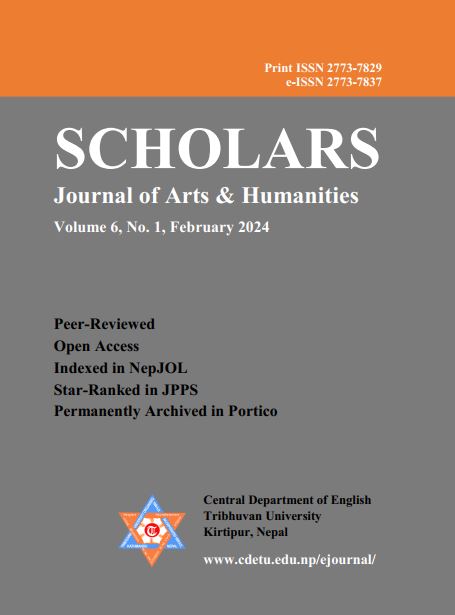The Antecedents of Media Capture in Experiential Texts in Nepal: A Critical Review
DOI:
https://doi.org/10.3126/sjah.v6i1.62733Keywords:
Media capture, ideological indoctrination, partishanship, professionalism, media historyAbstract
Based on literature review and analysis of a corpus of documents with references to the evolution of journalism in Nepal, the paper has eclectically and purposively selected publications that referred to the study period, roughly 1950-2000, and had insights on periodicals/ newspapers and the operational environment of the period that was marked by little or no readership and advertising. The paper argues that the unprofessionalism and partisanship evident in media in Nepal reflect its failure to fully transition to independent, impartial content production, the normative expectation of citizens from journalism in democracies. Nepal’s newspapers began exercising formal freedoms in the 1950s but have never been fully independent in practice. The country had low literacy, low readership, and a largely traditional economy when newspaper journalism began, and the early publications sought support from partisan interests and/or government to remain viable.
Downloads
Downloads
Published
How to Cite
Issue
Section
License

This work is licensed under a Creative Commons Attribution 4.0 International License.
© Central Department of English, Tribhuvan University and Authors




